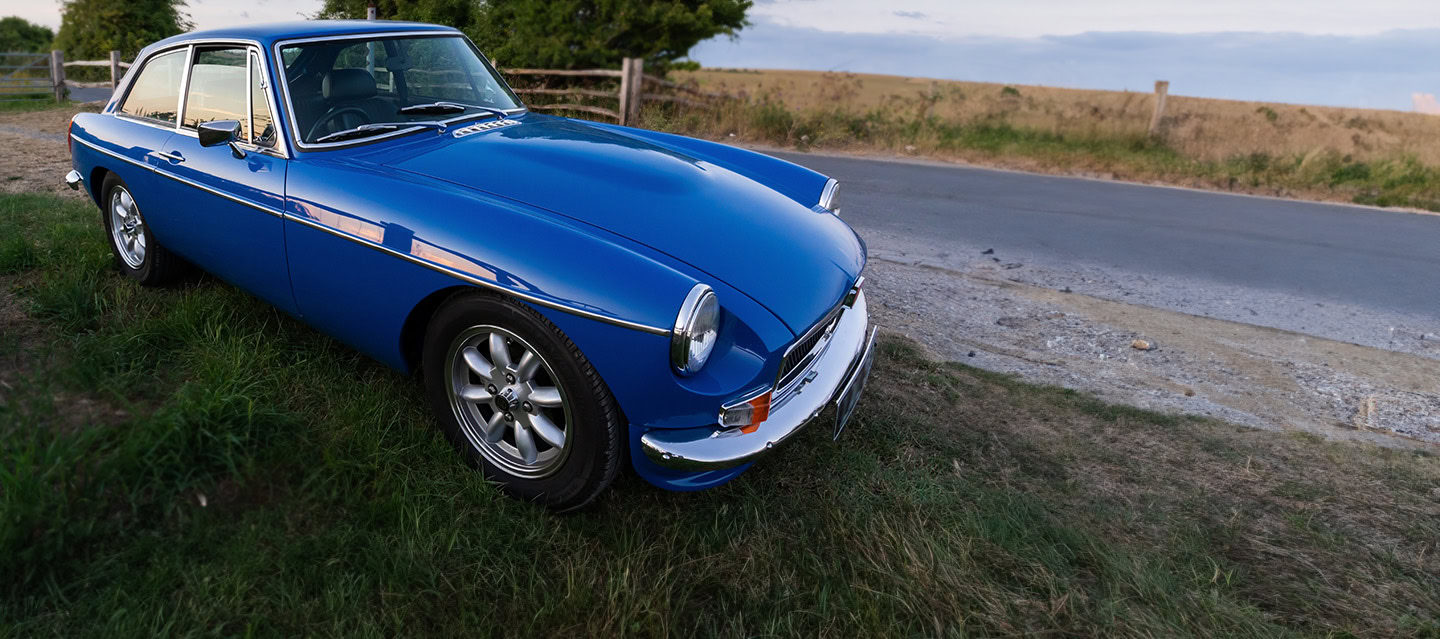

A Statutory Off Road Notification (SORN) is a declaration to the DVLA that you are no longer using your vehicle on public roads. This also means you will keep your vehicle on private land and won't park it on public roads.
There are a few instances where it might be a good idea to SORN your vehicle, including:
When you declare your vehicle as SORN, you don’t legally need car insurance as you won’t be driving that specific car on public roads. However, this leaves your vehicle vulnerable to accidental damage or theft.
Having car insurance will ensure your vehicle will still be protected even while it’s off the road. You may want to consider fire and theft insurance to get a cheaper premium, however this wouldn’t cover your car for all scenarios, such as if your vehicle is hit.
Additionally, you don’t have to pay road tax when you SORN your vehicle. If you’ve already paid road tax, the DVLA will refund you for any full months’ tax remaining.
You can register your vehicle as SORN online, by post or by phone. You only need to apply for a SORN once – there’s no need to renew it annually.
Applying online via the UK Government website is free, quick and easy, and you can do it as long as you’re the registered keeper of the vehicle. To get started, you’ll need:
Before applying, you must ensure that the address in your vehicle’s logbook is your current address. If you don’t have a logbook, you can apply for a duplicate of the original or a brand-new one via the DVLA. You will be charged for a duplicate copy.
You can also apply for a SORN by post. Download and send a V890 application form to the DVLA. When applying by post, you have the option to request that your vehicle be taken off the road either in the current month or the next month. If you choose the latter, include a letter with your application explaining why you cannot submit the V890 form closer to the time.
The address you send your SORN application to is:
DVLA
Swansea
SA99 1AR
Your final option is to apply by phone. Contact the DVLA’s 24-hour service on 0300 123 4321. Some call charges will apply
One of the main advantages of obtaining a SORN for your vehicle is its cost-effectiveness. By declaring your vehicle off the road, you can avoid paying for motor insurance and road tax during the period it’s not in use.
Once you declare a SORN on your car, you must ensure that it remains away from public roads until it’s taxed again and has a valid MOT certificate and is insured. Failure to do so could result in prosecution. During the time you’ve got a SORN, you must park your vehicle on private land, such as your driveway or garage.
When you tax your vehicle with the DVLA, your SORN is automatically cancelled. Once your car is taxed and has a valid MOT certificate, you can get back on the road. Remember to renew your car insurance before you start driving.
A SORN also ends when you sell, permanently export or scrap your vehicle.
You must always keep SORN vehicles on private land. You can park or drive your vehicle on private land, but it’s illegal to take it out onto any public road.
The only exception for driving a SORN vehicle on public roads is when you are taking it to or from its MOT test. In this case, it is legal to drive a SORN vehicle on public roads.
If you take your vehicle out on public roads while a SORN is in place, you could face a fine of up to £2,500. Alternatively, the fine could be five times the amount of tax that’s payable – it depends on which figure is greater.
You can’t transfer a SORN to a new owner when you sell your vehicle. As soon as you sell your vehicle, the SORN is cancelled and becomes invalid. The new owner is required to register a new SORN in their name if they’re planning to keep the car off-road.
Whether you're looking for straightforward insurance or cover that's packed with extras, our car insurance has plenty of options for people over 50.


Choose our highest car cover level Saga Plus and freeze the price of your car insurance for 3 years if nothing changes. T&Cs apply.
There's plenty to explore and learn about our car insurance cover.
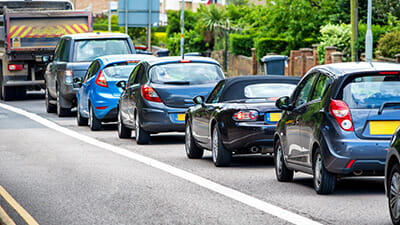
Are petrol and diesel cars destined for the scrap heap? What will the 2030 car ban mean for motorists?

Find the right service for you using our handy guide to achieving a balanced car servicing schedule.
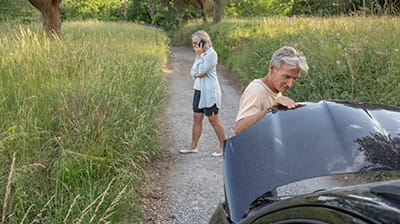
Flexible policies for over 50s, for breakdown cover you can rely on.

When you’re choosing a new car fuel type is important, but is it better to buy petrol or diesel?
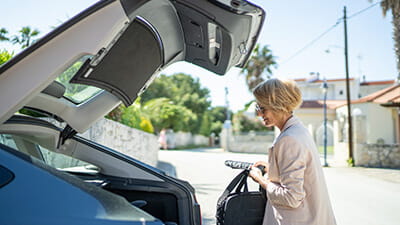
Life without a vehicle is almost unthinkable for many of us, but could a courtesy car ride to the rescue?
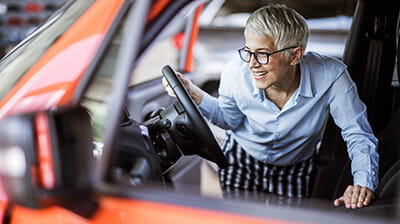
As we get older, our driving habits understandably change. So which are the best cars for older drivers? Get some inspiration in this handy Saga guide.

Find out what to do if you get stranded in a broken-down car.

Putting the wrong type of fuel in your car an easy mistake to make. Here’s what to do if it happens to you…
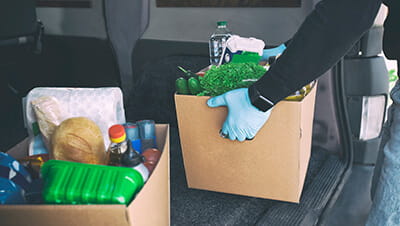

Find out which medical conditions have to be declared for car insurance and to the DVLA.
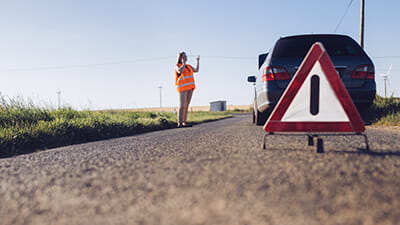
Looking for some extra peace of mind when driving on the continent? Look no further than European car breakdown cover.
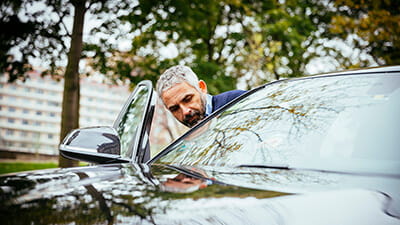
Everything you need to know about car insurance for your Mercedes.

Your needs and experience catered for, with over 80s car insurance from Saga.
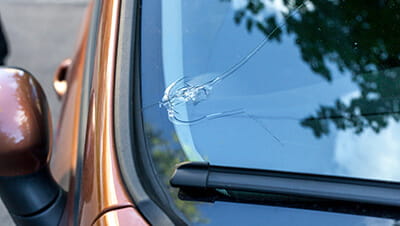
It’s easy to get a crack or chip in your windscreen, so make sure your insurance covers you for windscreen repair.

Your changing priorities matter to us, we’ve got your plans covered with over 60s car insurance.